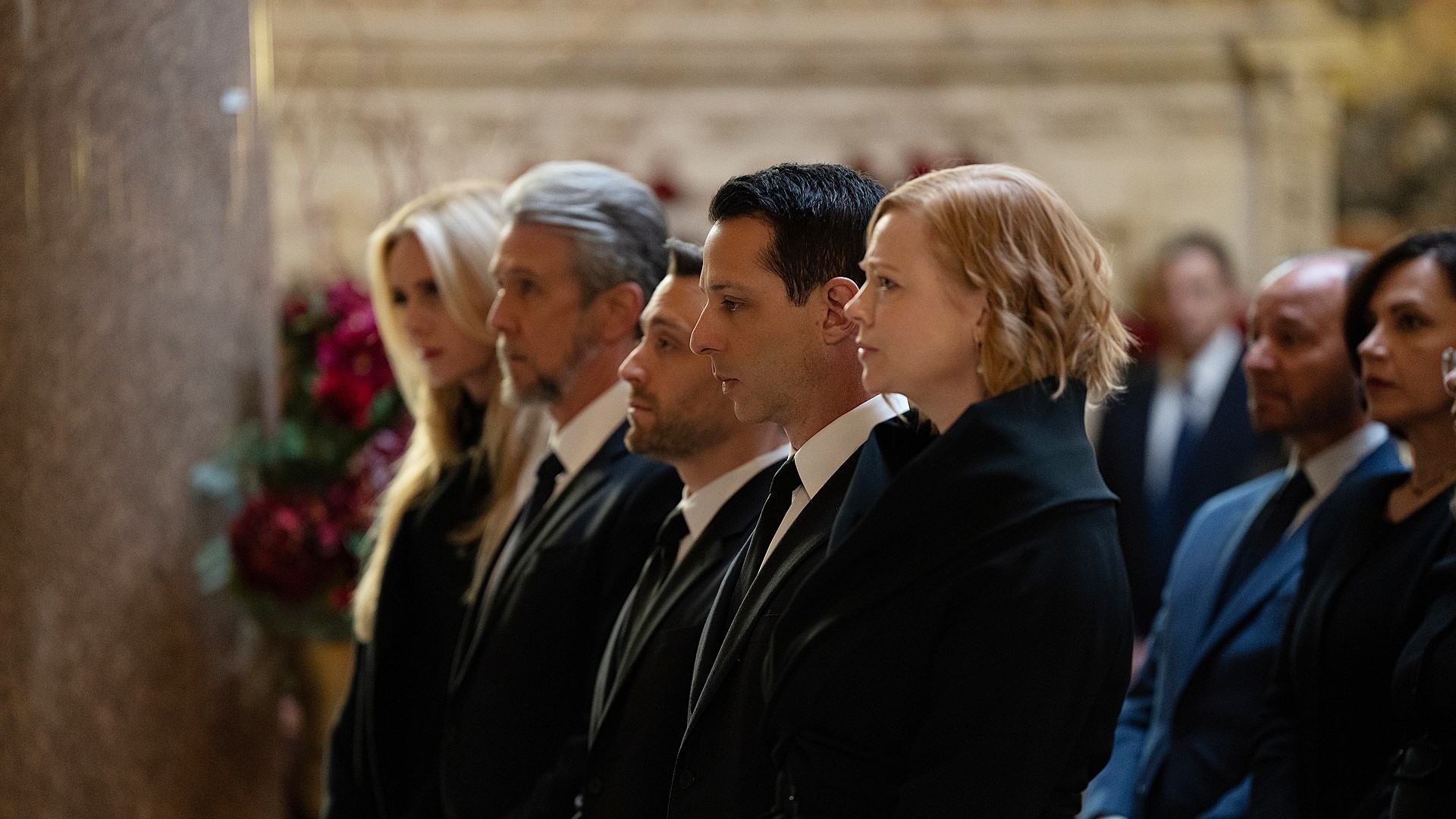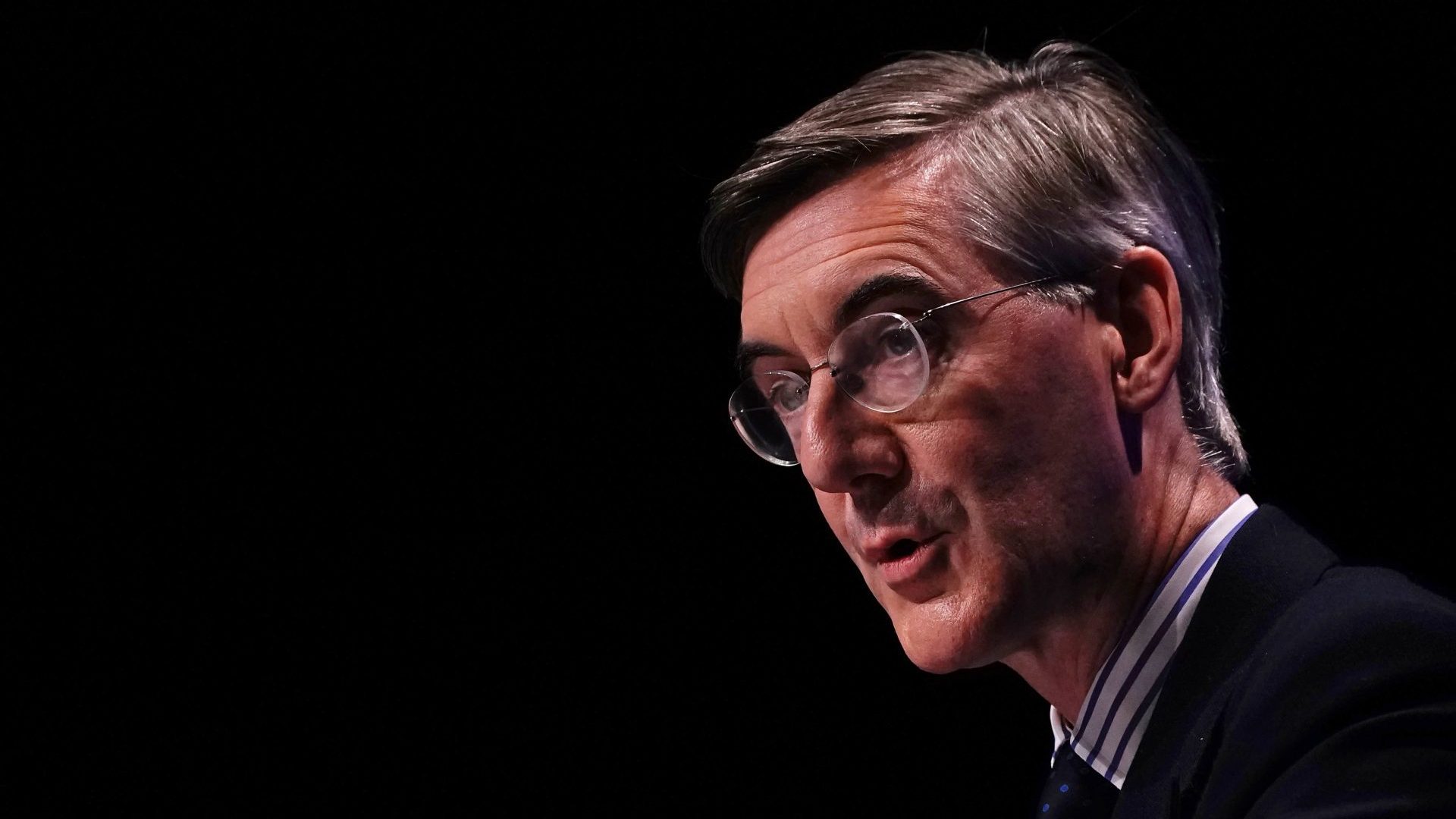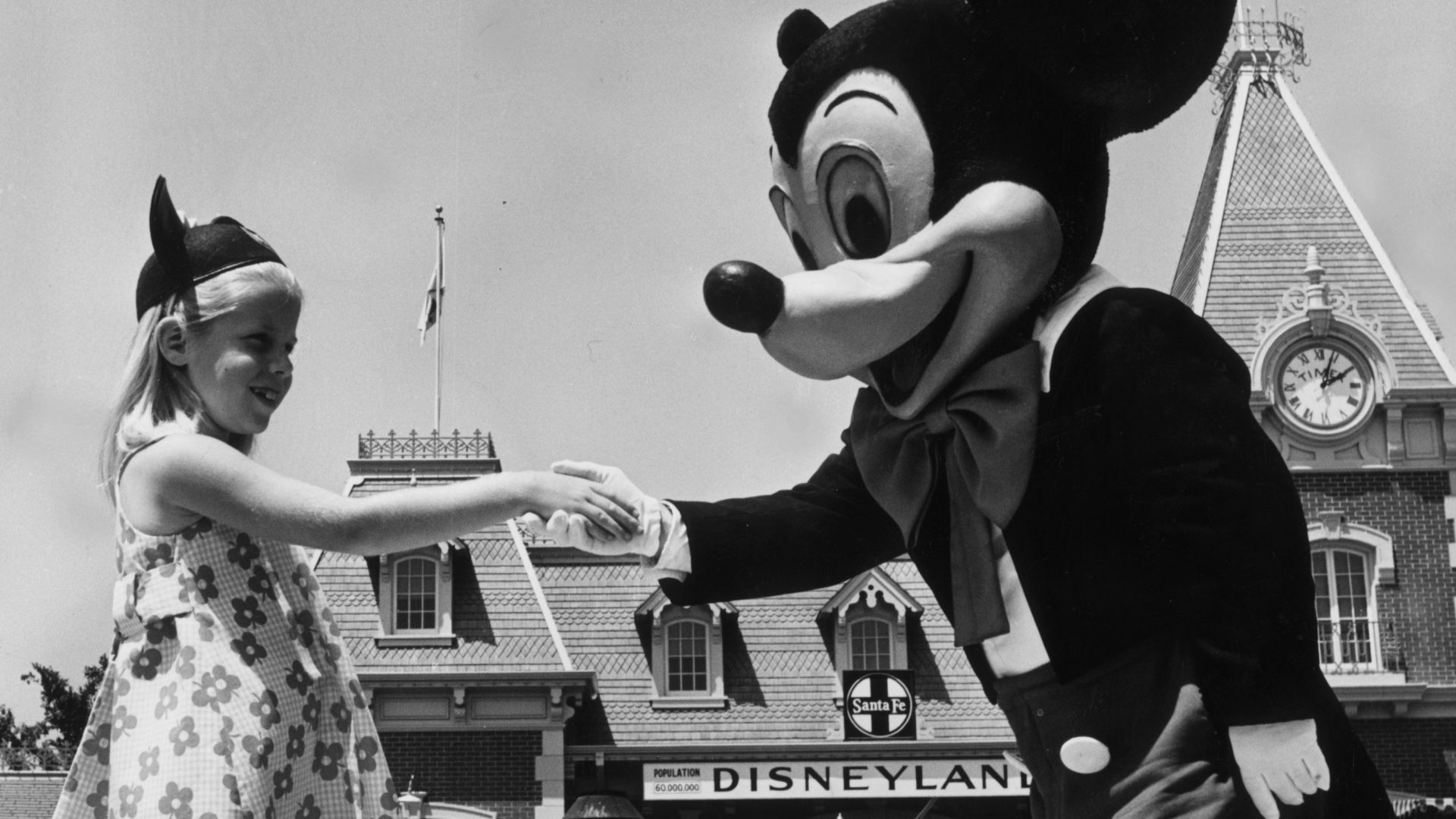On Monday, I shall rise early, make myself a strong espresso and watch the latest episode of Succession. I’ll then listen to Kara Swisher’s excellent official weekly podcast and spend too much of the rest of the day exchanging WhatsApp messages with family and friends about what, precisely, it all meant.
It will also be the very last time I, and millions of others, get to relish this engrossing weekly ritual; for next week’s instalment – a 90-minute special – is the finale of the four-season HBO drama series. After five years, the curtain is about to fall on the saga of media tycoon Logan Roy (Brian Cox), his four children – Connor (Alan Ruck), Kendall (Jeremy Strong), Roman (Kieran Culkin) and Shiv (Sarah Snook) – and his global corporation, Waystar Royco.
After Logan’s death on a private jet in episode three of this season – an unexpectedly early exit from the stage by the growling patriarch that caught everyone seriously off-guard – Roman claimed, implausibly, to have “pre-grieved”.
Well, so much for that. In the penultimate episode, Church and State, the youngest son was paralysed by sorrow when he saw his father’s coffin in the cathedral, quite unable to deliver the eulogy he had so cockily rehearsed in his apartment.
So, I suspect, it will be with hardcore fans of the series, of whom there are a great many. We think we’re ready for the imminent sense of loss and have applauded showrunner Jesse Armstrong’s magnificent decision to call time while his creation is still consistently fantastic. But anticipation is not the same as actuality. In practice, we shall all be deeply miserable, wondering how we are going to fill the Succession-shaped hole in our lives.
In this golden era of prestige television – of The Sopranos, The Wire, Mad Men, Breaking Bad, The Handmaid’s Tale, season one of True Detective – why was this show so especially compelling? The initial elevator pitch was that Succession was a roman à clef loosely based on the Murdoch dynasty and the fortunes of News Corporation.
Yet, as rapidly became apparent, such symmetries as there were between life and art played only a minor part in the show’s mesmeric power. Succession was always more of a myth than a dramatisation of a particular media mogul’s life and times. Its deepest roots lay in Greek tragedy, Freudian familial psychology and the tragedy of King Lear. “I love you, but you are not serious people”: Logan’s last words to his children, delivered in the bathetic setting of a karaoke joint, were the brutal, melancholic judgment of a 21st-century Zeus upon his feckless progeny.
It helped, of course, that the performances were uniformly brilliant; so much so that the show was able to withstand the abrupt departure of the formidable Cox, a man capable of turning a cardigan into an instrument of menace.
The writing, too, was truly remarkable. Every episode was a feast of one-liners: this week, for instance, Shiv describing Logan’s mausoleum, bought from an online pet supply tycoon, as “Cat Food Ozymandias”; President-possibly-elect Jeryd Mencken (Justin Kirk) addressing the devastated Roman as “Tiny Tears”; Kendall accusing his ex-wife, understandably worried by the street protests directed at the fascistic Mencken, of being “too online”.
Yet the magic of the language also lay in the capacity of the characters to swing from memorable epigram to the umm-ing and ahh-ing of regular family life. “Life isn’t nice,” said Kendall in this episode. “It’s contingent. People who say they love you also fuck you.” He was, perhaps, remembering Logan’s words to him in Tuscany in season three: “I’m a great revolutionary, a bit of fucking spice, a bit of fun, a bit of truth. I fucking know things about the world, or I wouldn’t turn a buck. Not necessarily nice things.”
Much of the time, however, the true meaning of what was being said lay in the awkward pauses, the monosyllabic banalities that concealed devious intent: “all good”, “sure”, “yeah”. In Succession, such platitudes could be unexploded gelignite.
As universal as it was in its exploration of family dynamics, the show was also specifically eloquent about the times in which we live. Succession absolutely belongs to the post-Crash era, in which a tiny sliver of the world’s population is growing richer and richer while everyone else lives in millennial poverty or circumstances of heightened economic insecurity.
Since 2020, the richest 1% have scooped up around two-thirds of new wealth (about $42tn); which is almost twice as much as the bottom 99% of the world’s population. To put it another way: 81 billionaires have now accumulated more wealth than 50% of the rest of the world.
In its microcosmic, nerve-shredding account of reckless plutocracy, Succession showed how right F Scott Fitzgerald was in his 1926 short story, The Rich Boy, when he wrote that the very rich “are different”. But the show went much further, presenting the extreme wealth of the hyper-modern age, like extreme poverty, as a brutalising force.
The Roy children are not merely entitled. They are not fully formed as human beings, playing at geopolitics and global finance like spoiled, sad toddlers trapped in the bodies of spoiled, sad adults. There is a planetary tragedy nestling in the fact that, for all their grotesque riches, they are so deeply unhappy.
I have absolutely no idea how it will all end next Monday – though I suspect that Armstrong and his writers will not settle for a conventional podium of winners and also-rans or a routine dramatic photo-finish that separates victory from defeat. The show’s contract with its viewers would never allow for such tidiness or traditional resolution: the internal dynamics of its universe have no space for such things.
What I do know is that, decades from now, this once-in-a-lifetime series will still be watched both as a cultural artefact of a particular moment in history, and as a timeless exploration of ancient human predicaments. Which is why I will put my head on the block and say that Succession is the greatest television show of all time.




